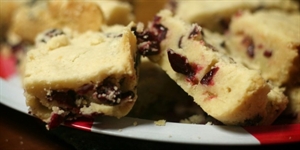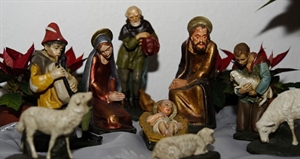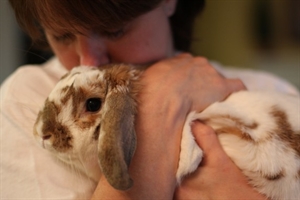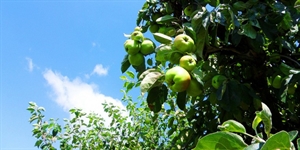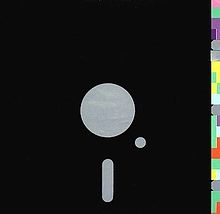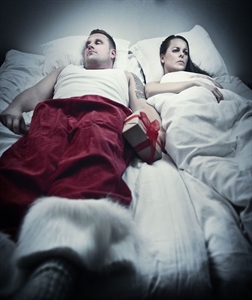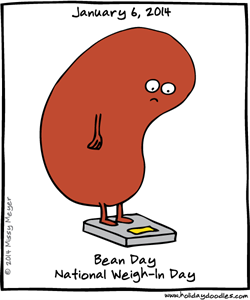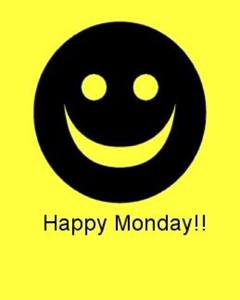Epiphany or Twelfth Night 2025 is on Monday, January 6, 2025: what is epiphany?
Monday, January 6, 2025 is Epiphany or Twelfth Night 2025.
As an Amazon Associate I earn from qualifying purchases.
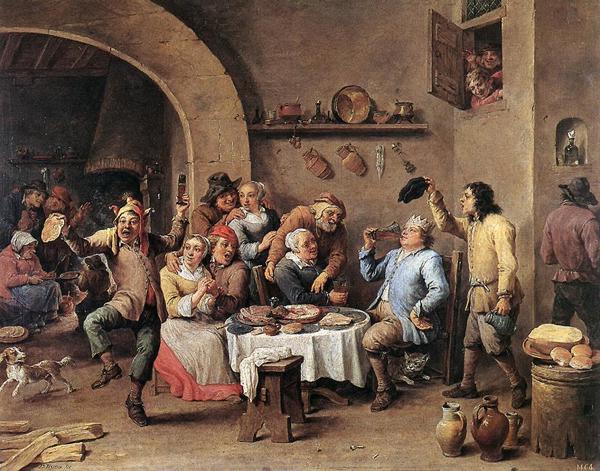
Epiphany is the climax of the Christmas Season and the Twelve Days of Christmas, which are usually counted from December 25th until January 5th. In most traditions, the day before Epiphany is the Twelfth Day of Christmas, the evening of which is called Twelfth Night. This is an occasion for feasting in some cultures, including the baking of a special King's Cake as part of the festivities of Epiphany (a King's Cake is part of the observance of Mardi Gras in French Catholic culture of the Southern USA). In some church traditions, January 5th is considered the Eleventh Day of Christmas, while the evening is still counted as the Twelfth Night, the beginning of the Twelfth day of Christmas the following day. In these traditions the Twelfth Day of Christmas is January 6th, the Epiphany.
God Bless You
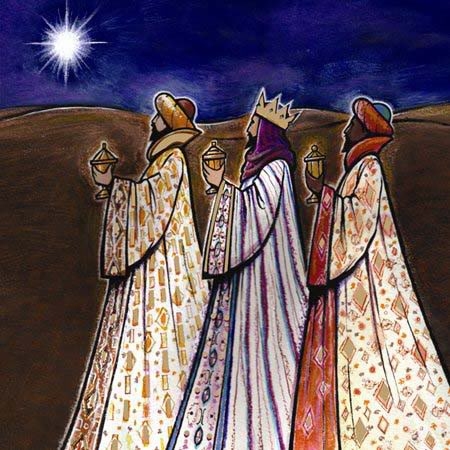
What is the historical intrest behind twelfth night?
Twelfth Night is the only one of Shakespeare’s plays to have an alternative title: the play is actually called Twelfth Night, or What You Will. Critics are divided over what the two titles mean, but “Twelfth Night” is usually considered to be a reference to Epiphany, or the twelfth night of the Christmas celebration (January 6). In Shakespeare’s day, this holiday was celebrated as a festival in which everything was turned upside down,where servants and masters sort of changed places (After all, Twelfth Night is about illusion, deception, disguises, madness, and the extraordinary things that love will cause us to do; and to see)—much like the upside-down, chaotic world of Illyria in the play.
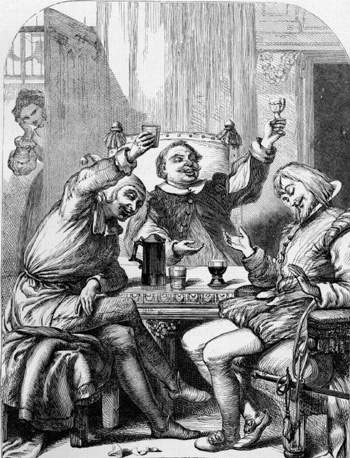
give an account of the history of twelfth night celebrations including a celebration during Elizabethan times?
twelfth Night, the night before Epiphany, was traditonally a time for wassailing, which is a ceremonial, convivial toast, drunk originally from a huge wassail bowl - a highly decorative punch bowl. the Visiting Wassail involved travelling from door to door with song, greeting, and the expectation of being given food and drink. in some regions, apple trees were wassailed to ensure a good crop, or bees were wassailed to make them produce lots of honey. And cattle were individually wassailed to keep them healthy. in Herefordshire for instance, the best of the cattle each received a specially baked cow cake.
Twelfth Night was a great time for bonfires. There were usually thirteen at a major location, one for each of the Twelve Nights, plus a thirteenth Jucas Fire, which was always extinguished during the proceedings.
Until about 1850, particularly in England, Twelfth Night parties and, above all, dark, fruity and decorative Twelfth Night cakes almost eclipsed Christmas. Leigh Hunt wrote 'Christmas Day is the morning of the season; new Year's Day the middle of it or noon; Twelfth Night is the night brilliant with inumerable planets of twelfth Cakes.'.
At Twelfth Night parties a Bean King was chosen by the finding in a slice of cake of a dried bean, and a Queen by the finding of a pea. The two presided over the evening's amusements.









